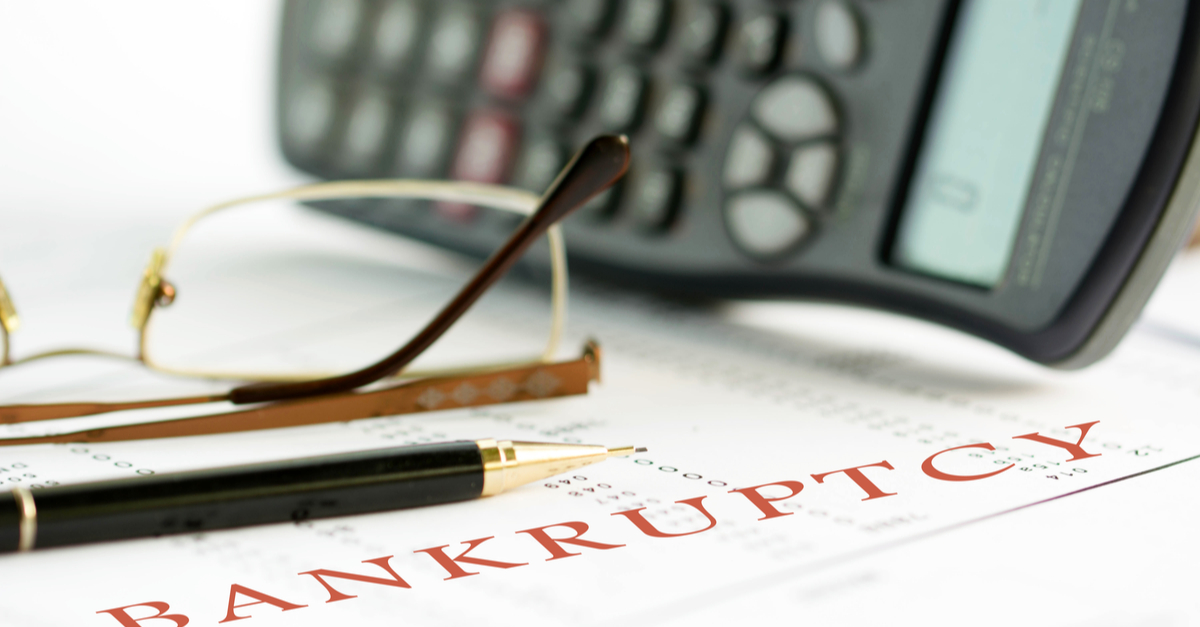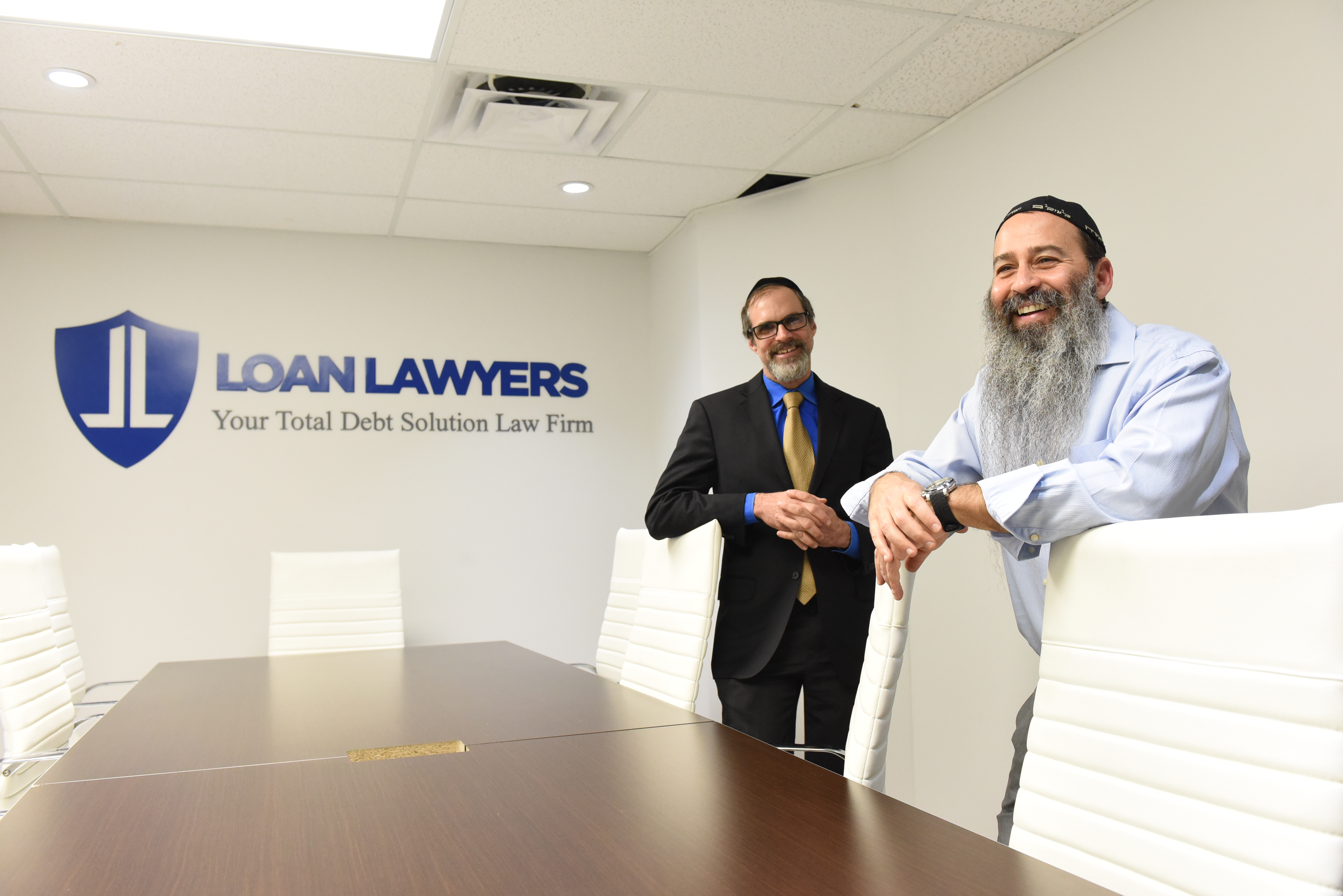
It is never easy to file bankruptcy, but believing the many myths out there can make the process even more difficult. Your friends may have their own opinions and if they have been through the process before, they may even offer advice. However, bankruptcy laws do change and depending on the type of bankruptcy you are filing, what applied to their case may not apply to yours.
If you are considering filing bankruptcy, you need real legal advice. This is why our Broward County bankruptcy attorneys have broken down the biggest myths about filing bankruptcy, and the actual facts behind them.
Filing Bankruptcy Means You Failed with Your Money
This is perhaps the most harmful myth about bankruptcy. Bankruptcy protection literally helped form this country, with the founding fathers including it in the U.S. Constitution. Additionally, many studies over the past decade have shown that the majority of bankruptcies are the result of factors outside of a person’s control. The main causes of bankruptcy are job loss, medical debt, and divorce.
Most people that file bankruptcy do not need to do so because they mismanaged their money. Even when that is the case, it in no way indicates that a person is a failure. In fact, it shows they learned a lesson and are now on the path to correct their issues.
I Will Lose Everything when Filing Bankruptcy
If you file Chapter 7 bankruptcy, there is a chance that you may lose some property. However, you will not lose all of your belongings. Whether you are a couple or individual, the law provides exemptions for certain possessions, up to a specific value. Using these exceptions, fewer than five percent of bankruptcy cases result in a person giving up property. Generally speaking, you can exempt one vehicle, retirement savings, household goods, and equity in your home.
All of My Debts Will Go Away After I File
Bankruptcy does provide a way to discharge your debt and you are not responsible for repaying that debt if you are successful with your case. There are caveats to this, though.
If you want to completely get rid of most of your debt, you will have to file Chapter 7 bankruptcy. If you have a significant amount of credit card debt, you can likely get all or most of it discharged through a Chapter 7 bankruptcy. A Chapter 13 bankruptcy may eliminate some of your debt, but you will have to repay the majority of it. Even when filing Chapter 7 bankruptcy, there are some types of debt you cannot get discharged. These include recent income taxes, student loans, and obligations for domestic support, such as alimony and child support.
I Will Never Be Eligible for Credit Again
It is easy to assume that because you just filed bankruptcy, creditors will view you as a high risk borrower that cannot manage their money and so, they will not provide you with credit in the future. In fact, the opposite is true.
Weeks after your bankruptcy case is over, you will start to receive credit card offers. While creditors will not view you as low risk, they will view you as a lower risk than before you filed bankruptcy. This is because you no longer have as many debt obligations, and you are barred from filing bankruptcy again for a certain period of time. They will offer you a credit card at a higher interest rate, knowing they can pursue legal action if you become delinquent with the debt.
While you will pay more to use the credit card, it is usually worthwhile because it will help you rebuild your credit score faster. Once you do that, you can then obtain credit that has a lower interest rate and is more affordable to repay.
I Cannot Purchase a Home After Filing Bankruptcy
There is some truth behind this common bankruptcy myth. The majority of lenders, including the Federal Housing Administration (FHA), and Fannie Mae and Freddie Mac will require you to wait at least two years once your debt is discharged before applying for a home loan. You will still need good credit when you apply, so it is important to rebuild it during that two-year period.
If I File Bankruptcy, I Will Lose My Job
The bankruptcy laws make it illegal for government and many private employers to discriminate against employees that file bankruptcy. Still, most employers do not consider a bankruptcy filing when making hiring or firing decisions, unless the position involves handling large amounts of money. Even when they do, they will likely consider a bankruptcy a more responsible financial decision than if your finances are in shambles.
I Cannot File Bankruptcy Because My Income is Too High
If you file Chapter 7 bankruptcy, you will have to pass a means test. This test is to determine whether your income is enough to repay your debts. Even if your income is considered high enough to handle your debt, you can still file Chapter 13 bankruptcy.
Bankruptcy is Too Expensive
Filing bankruptcy can cost thousands of dollars if you use an attorney and it seems counterproductive that you have to pay this amount when you are in financial trouble. However, you must consider the years of money, frustration, and stress you are saving yourself in the future. Most Broward County bankruptcy lawyers offer free consultations, at which they can advise on how you can pay for bankruptcy. Also, working with a lawyer will help you avoid some of the costly mistakes that are often made during the process.
Call Our Bankruptcy Lawyers in Broward County Today
If you are suffering from a lot of debt and are considering discharging it through bankruptcy, our Broward County bankruptcy attorneys at Loan Lawyers are here to help. We have helped thousands of people get out from under their debt, and we want to put our experience to work for you, too. Call us today at (954) 523-4357 or contact us online to schedule a free consultation so we can review your case.
People Also Ask:
- Does filing bankruptcy ruin your life?
- Is filing bankruptcy stressful?
- What should you not do before filing bankruptcy?
- Is filing bankruptcy twice bad?
- About the Author
- Latest Posts


























